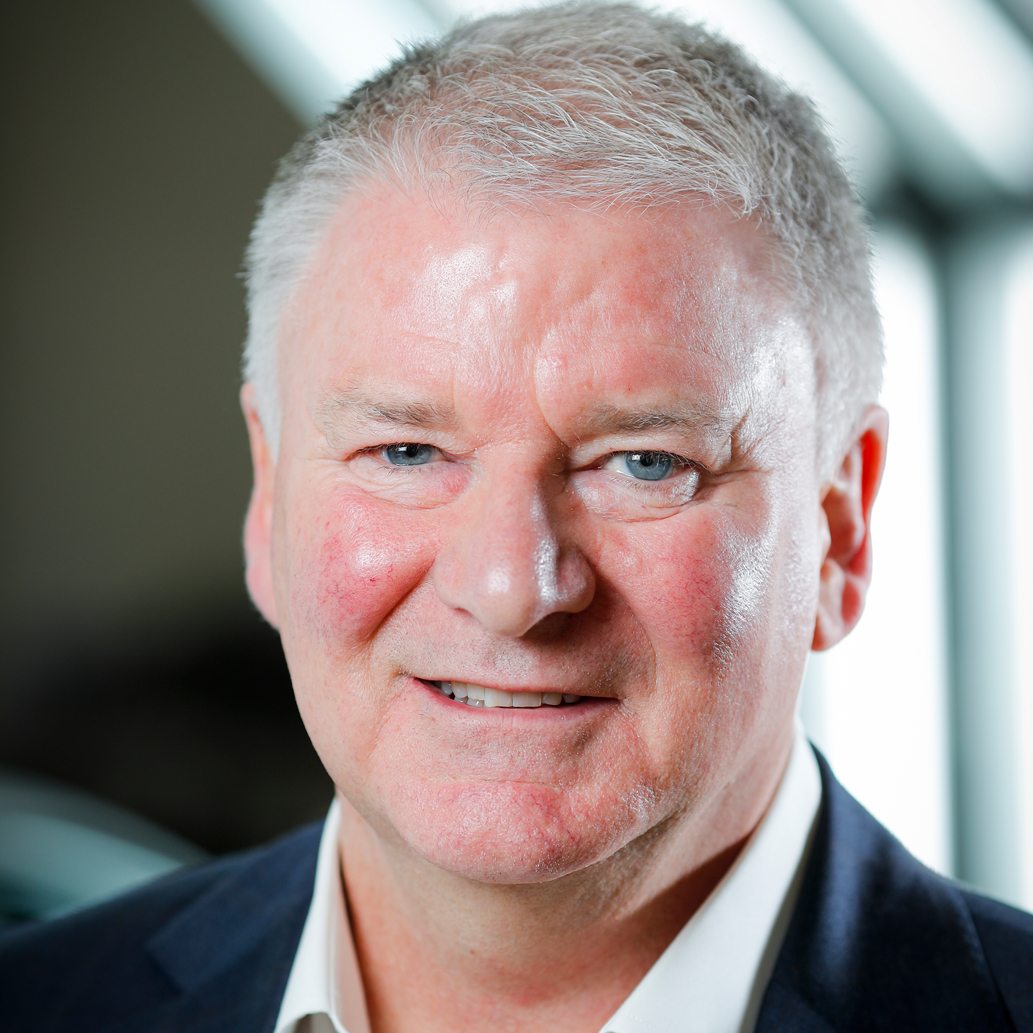The impact of AI on humans in work is a hotly-debated issue. You can stand in any high volume car manufacturing environment and all you will see is spinning robotic arms clamping and bolting panels to a chassis. So it is somewhat comforting that at Aston Martin, an important part of the appeal, prestige and price tag is because, apart from heavy lifting, these spectacular vehicles are handcrafted, and lovingly so.







